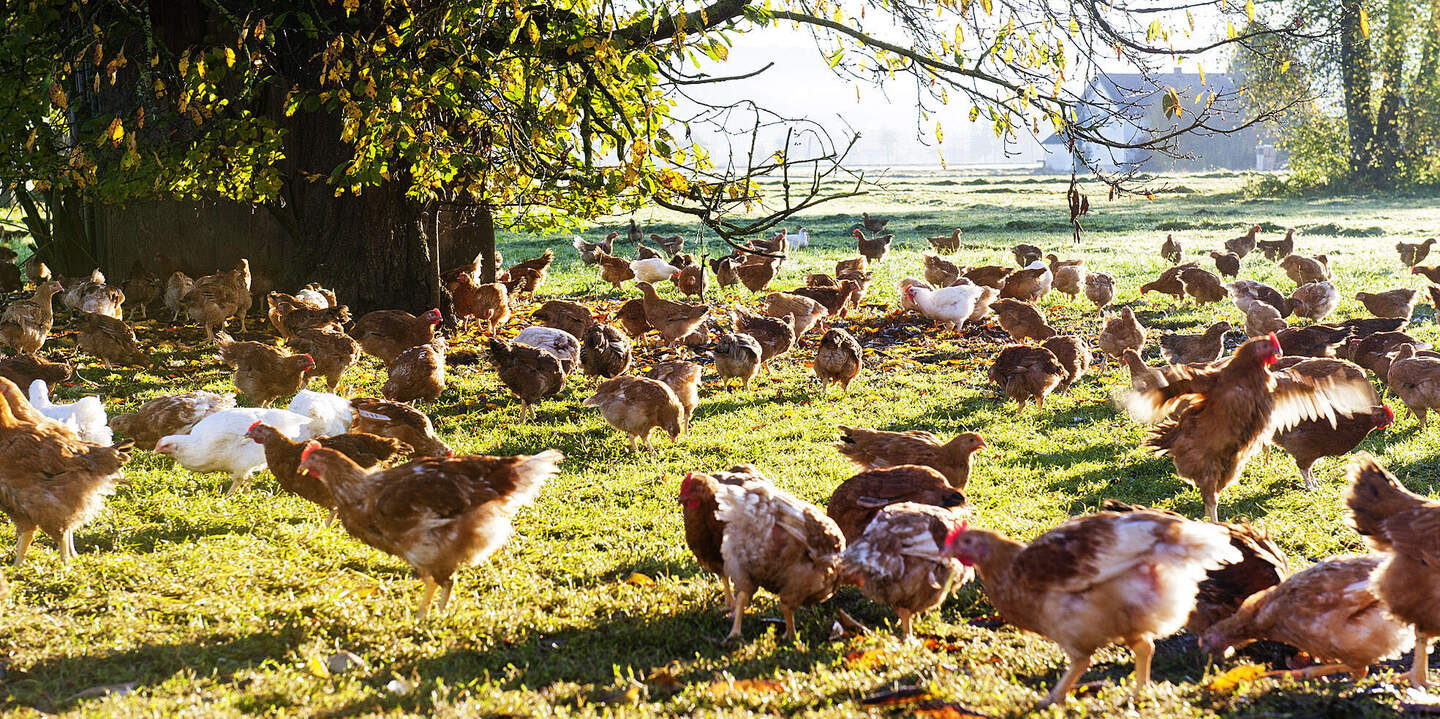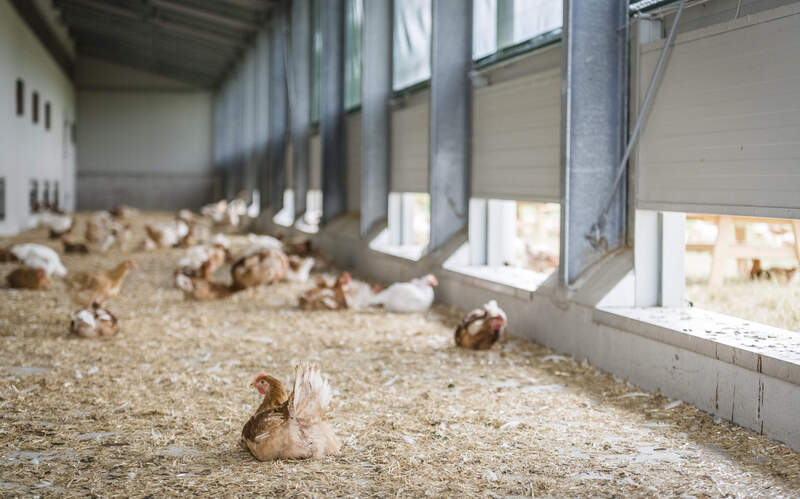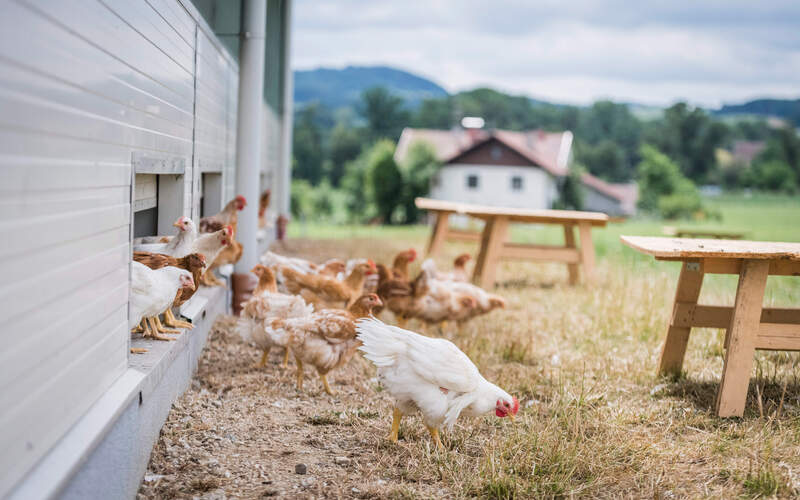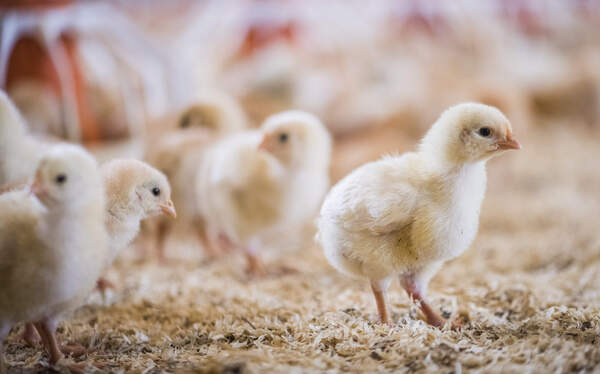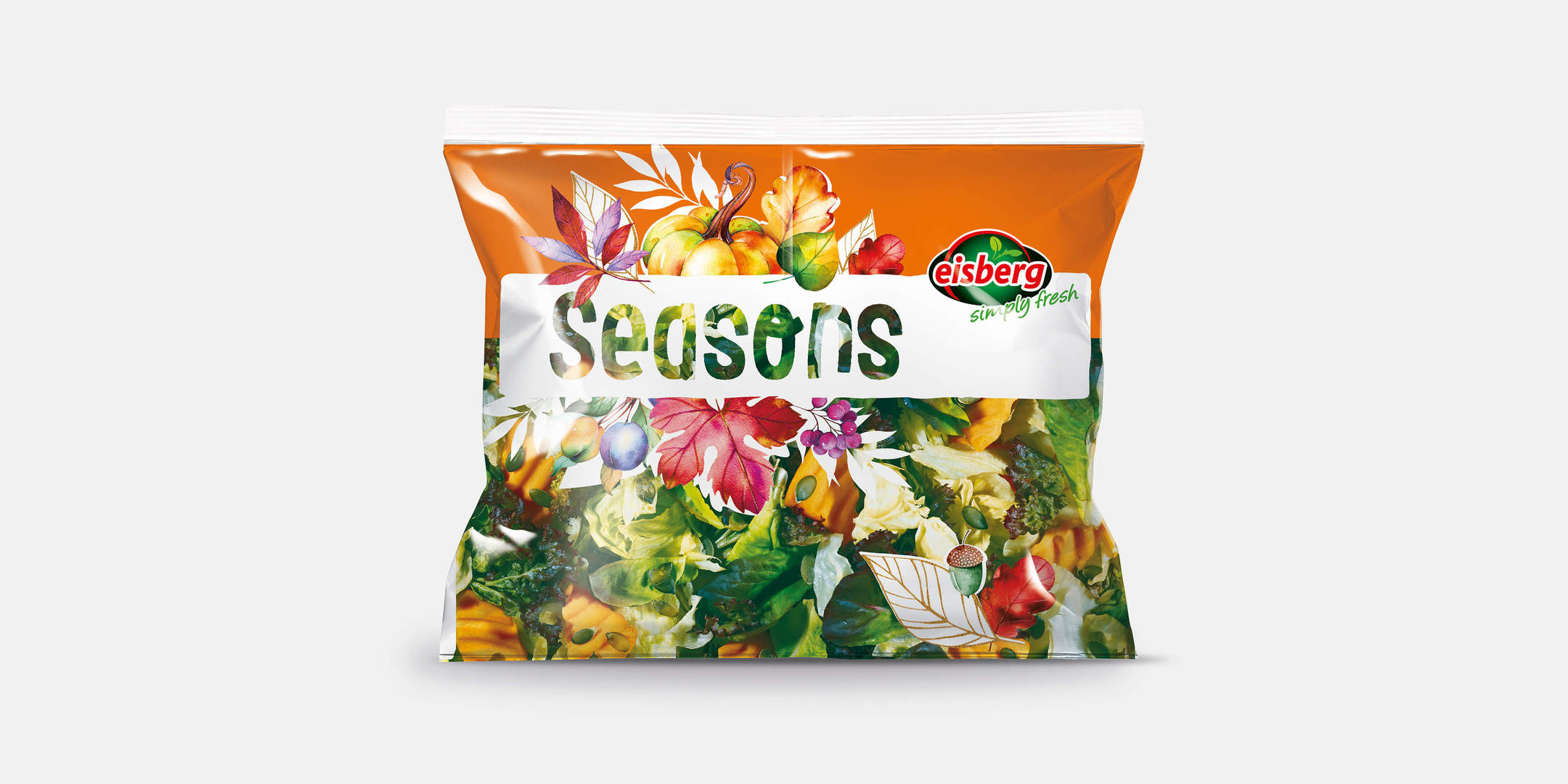For the well-being of animals – and people
Hubers, one of the pioneers in organic poultry production, has been part of the Bell family for the past year. The Austrian company started with the processing of organic chicken more than a quarter century ago. Today it is one of the biggest suppliers in Europe. And this trend is rising in tandem with customer demand for meat from animal-friendly production.
The Zarfl family's farm is located in picturesque Lavanttal in Kärnten at an altitude of 1,100 metres above sea level. Here, four generations of the family live under one roof – from the 89-year-old great-grandmother to the baby that is a few months old – and take care of some 13,600 chickens that are raised in accordance with organic standards. The Zarfl spouses themselves care for two flocks of 4,800 animals each. Daughter Melanie, a qualified poultry expert and designated successor farmer, looks after 4,000 animals. "Our chickens enjoy the very best conditions here: fresh air, clean spring water and large meadows where they can roam freely," explains Johannes Zarfl. "This is nature at its best. And you can see this in our animals."
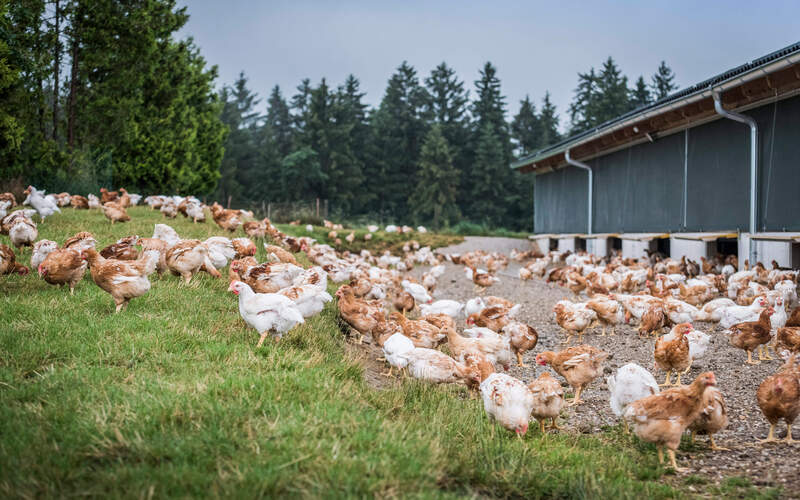
The Zarfl family's farm is one of around 100 fattening farms in Austria and southern Germany who supply the Huber group with organic chicken and turkey. "Those who want to work with us in this area must have been an organic farmer for at least three years and have converted their entire farm to this form of agriculture," explains Sylvia Huber, Head of Marketing and Distribution at Hubers Landhendl.
